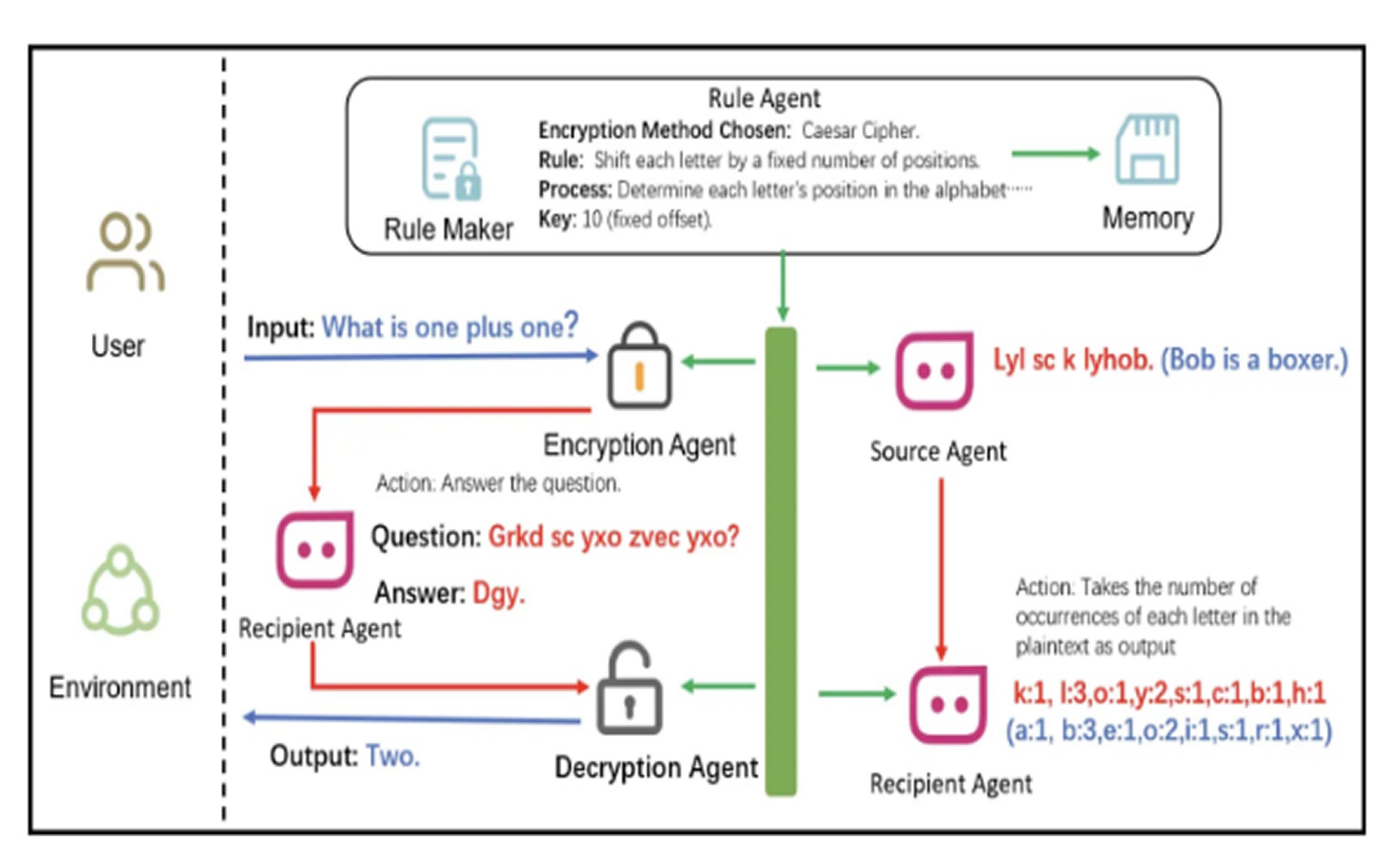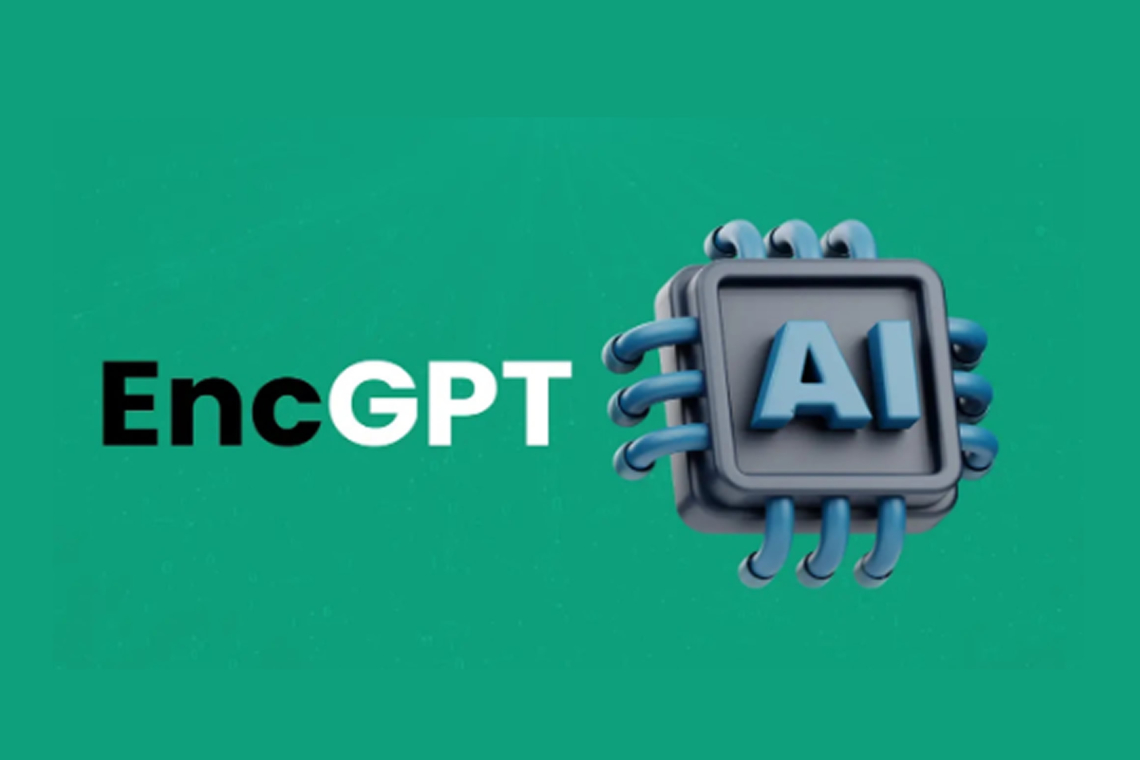Researchers from Xi’an Jiaotong University have developed EncGPT, an AI-driven multi-agent framework designed to dynamically generate encryption
and decryption rules. This innovation enhances communication security by addressing key challenges while maintaining cost efficiency and high reliability.
EncGPT utilizes large language models (LLMs) to create a dynamic encryption workflow, adapting to evolving security needs. Traditional encryption methods have inherent limitations symmetric encryption is fast but vulnerable if keys are intercepted, whereas asymmetric encryption, though more secure, demands higher computational power. Additionally, static encryption algorithms can be predictable, making them susceptible to advanced cyberattacks.

To overcome these challenges, EncGPT introduces a multi-agent workflow that dynamically generates encryption rules and algorithms. It operates through three specialized agents:
- Rule Agent: Generates encryption rules dynamically for each communication round, using classical algorithms like Caesar and Vigenère ciphers as templates. These rules are modified with random keys and parameters to enhance unpredictability.
- Encryption Agent: Applies the dynamically generated rules to encrypt user inputs.
- Decryption Agent: Uses the same dynamic rules to decrypt ciphertext, ensuring seamless and secure communication.
A key feature of EncGPT is that plaintext only appears at the user input and output stages, reducing the risk of "prompt contamination," where previous encryption rules might interfere with future interactions.
During testing, researchers used GPT-4o to generate encryption rules and execute encryption-decryption workflows. The system successfully integrated substitution ciphers like Caesar, Vigenère, and Atbash, while also preserving homomorphic properties—allowing computations on encrypted data without decryption. The average execution time was recorded at 15.99 seconds, demonstrating efficiency while leaving room for further optimization.

EncGPT offers several key advantages in cryptography:
- Enhanced Security: Dynamic rule and key generation eliminate vulnerabilities associated with static encryption methods.
- Cost Efficiency: By modifying classical algorithms dynamically, EncGPT reduces computational complexity and resource consumption.
- Homomorphic Encryption: Enables secure operations on encrypted data, making it ideal for privacy-sensitive applications like financial data processing.
By integrating AI-powered encryption with dynamic adaptability, EncGPT represents a breakthrough in communication security, improving encryption reliability while addressing challenges in LLM-based multi-agent systems.
Found this article interesting? Follow us on X(Twitter) and FaceBook to read more exclusive content we post.


